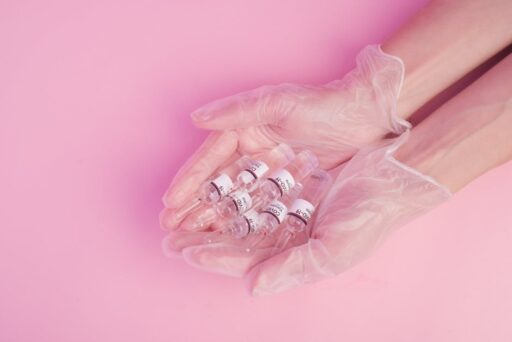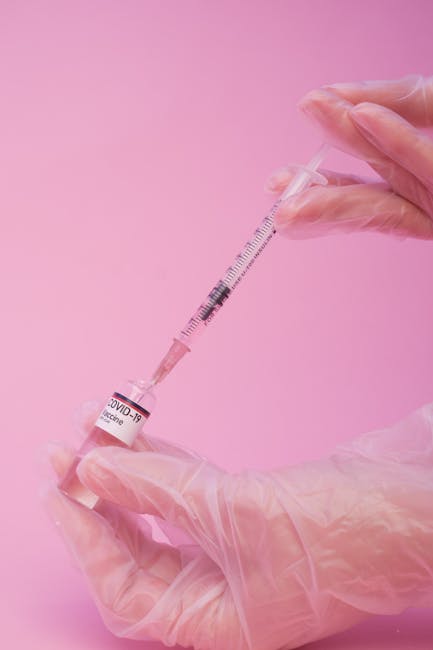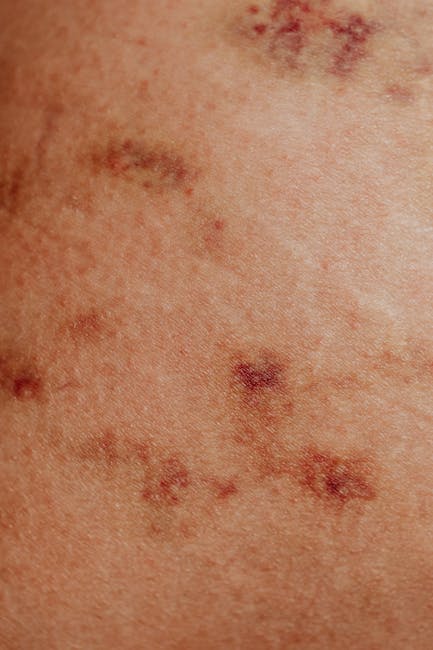Safe Skin Care During Pregnancy and Breastfeeding: What You Need to Know
As a MotherToBaby information specialist, I frequently receive questions about the safety of various skin care products during pregnancy and breastfeeding. From itching creams, antibiotic ointments, vitamin C products, essential oils, to cosmetics and acne treatments, the list is endless. These periods can be stressful, and wanting the best for your baby is natural. But what products pose a risk, and which can be used safely?
Understanding Skin Absorption
Your skin is a dynamic, living tissue composed of several layers. To assess the safety of topical products, it’s crucial to understand how substances are absorbed through these layers. When a product is applied, it first penetrates the stratum corneum—the outer layer made of dead cells—before reaching the living layers, including the epidermis, dermis, and hypodermis, which contains fat and connective tissue.
Various factors influence skin absorption, such as the quantity applied, the product’s physical state (liquid, gel, etc.), the application site, the surface area covered, your age, and whether your skin is wet or dry. Typically, only 1-2% of a product is absorbed, but this can increase if the skin has open wounds, cracks, or conditions like eczema.
Regulations and Product Safety
Obtaining reliable safety information for every topical product can be challenging. While the FDA mandates that cosmetic products be ‘safe,’ this is based on labeling and intended use, and they do not require FDA approval before market release. Therefore, companies may make unverified claims. Consulting MotherToBaby information specialists can help you research product safety.
Products to Use with Caution
During pregnancy and breastfeeding, certain products like retinoids (used for acne and wrinkles), high-dose salicylic acid (a common acne treatment ingredient), formaldehyde (a cosmetic preservative), hydroquinone (a skin-lightening agent), and some chemical sunscreens warrant caution. These substances raise concerns and should be used carefully.
Products Generally Considered Safe
Some products pose fewer concerns, such as over-the-counter antibiotic creams, corticosteroid creams (for skin inflammation), essential oils, menthol and lidocaine (to cool or numb the skin), hydrogen peroxide (for acne treatment), fluoride and dental products, homeopathic creams and gels, vitamin C products, and hair and nail treatments.
Ultimately, you may have more options than anticipated. However, even with low-risk products, it’s wise to consult your healthcare provider or contact us if you have any doubts. We offer numerous fact sheets and blogs that address topical product safety, and our specialists are available via phone, text, email, or chat to assist you.




